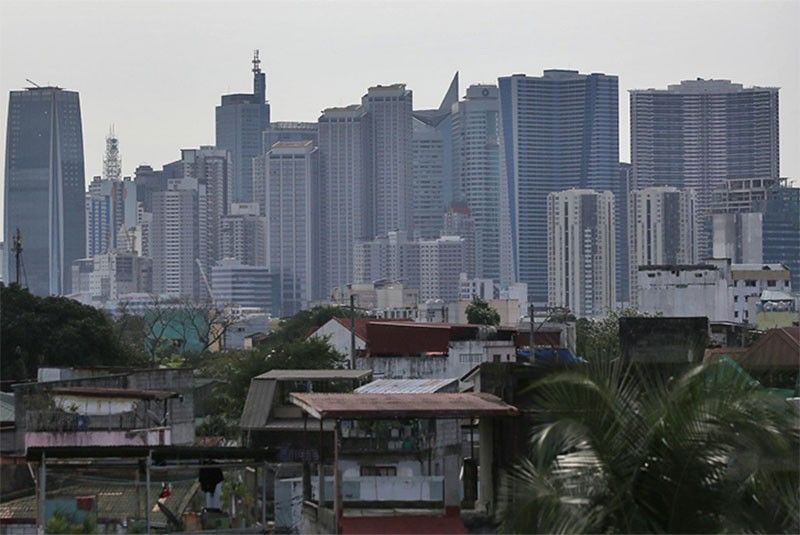NEDA approves 23 new priority infrastructure projects
Louella Desiderio – The Philippine Star February 28, 2024 | 12:00am MANILA, Philippines — The National Economic and Development Authority (NEDA) Board has approved the inclusion of 23 projects in the list of infrastructure flagship projects (IFPs) to be prioritized under the current administration, bringing the total cost to P9.14 trillion. In a statement, NEDA […]


Louella Desiderio – The Philippine Star
February 28, 2024 | 12:00am
MANILA, Philippines — The National Economic and Development Authority (NEDA) Board has approved the inclusion of 23 projects in the list of infrastructure flagship projects (IFPs) to be prioritized under the current administration, bringing the total cost to P9.14 trillion.
In a statement, NEDA said the board chaired by President Marcos approved the addition of 23 new projects and delisting of 36 projects from the list of IFPs during its meeting yesterday.
With the adjustment, there are now 185 IFP projects with a total value of P9.14 trillion.
Details on the additional and delisted projects were not available as of press time.
Previously, there were 198 IFPs with a total value of approximately P8.79 trillion.
NEDA Secretary Arsenio Balisacan, who also serves as the NEDA Board vice chair, said the move is aimed at prioritizing crucial projects to ensure these are provided the necessary support for an efficient and faster implementation.
“Our list of IFPs under the Build-Better-More Program serves as a prioritization tool to identify high-impact infrastructure projects that require immediate government support. By rationalizing the list, we ensure the implementation of as many important infrastructure projects of high significance as possible,” Balisacan said.
Despite the removal of certain projects, he said these would still proceed as planned since they were already part of the regular government programs.
As of the fourth quarter of 2023, 74 IFPs were already being implemented, 30 had been approved for implementation, 10 were awaiting government approval, and 83 were undergoing either project or pre-project preparation.
Of the 74 ongoing projects, 19 are scheduled to be completed this year.
In 2023, one of the IFPs, the Samar Pacific Coastal Road Project, was completed in June and inaugurated in July.
“We will continue to monitor, review, and update the list of IFPs as necessary to prioritize the most important infrastructure projects. The NEDA Board is committed to approving measures needed to expedite the implementation of the Build-Better-More program,” Balisacan said.
Aside from updating the list of the IFPs, the NEDA Board also approved the Integrated Water Resources Master Plan and changes in the Davao City Bypass Construction project.
Spearheaded by the Water Resources Management Office of the Department of Environment and Natural Resources, the water master plan will serve as the national policy for managing the country’s water resources to ensure access to sufficient water supply even during adverse weather conditions like the El Niño.
As for the Davao City Bypass Construction project, a reassessment of the project’s overall cost was made to consider its expanded scope and the new post-pandemic market conditions.
The NEDA Board approved a supplemental loan of P14.6 billion for the project as the total cost rose to P70.8 billion.
Another change to the project is the extension of the implementation period until Dec. 31, 2027.
The Davao City Bypass Construction project aims to improve the physical connectivity between Davao City and Panabo City.
Once completed, the project is expected to reduce travel time between the two cities to 49 minutes from one hour and 44 minutes.
“While this project was first approved by the NEDA Board in 2015, its implementation was hampered by the pandemic. The changes in the project scope and cost will ensure that this key infrastructure project receives the necessary support for its successful completion,” Balisacan said.
Balisacan said the government is prioritizing infrastructure development to drive the economy to improve the lives of Filipinos.
“While significant policy reforms have already been put in place to address long-standing constraints to sustainable and resilient infrastructure, we recognize the need for further efforts to boost infrastructure investment and execution. Thus, we will closely monitor our IFPs to ensure they are completedand delivered on time,” he said.














